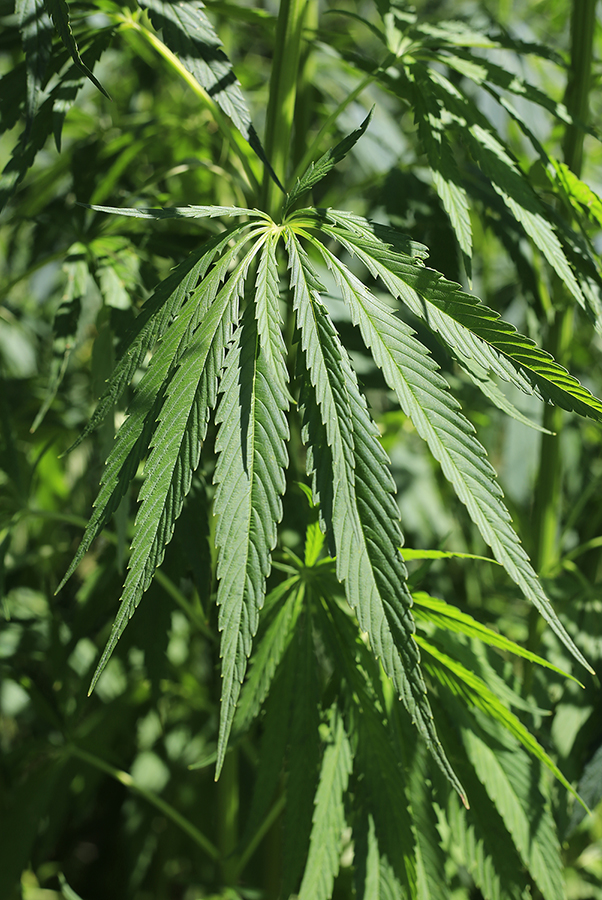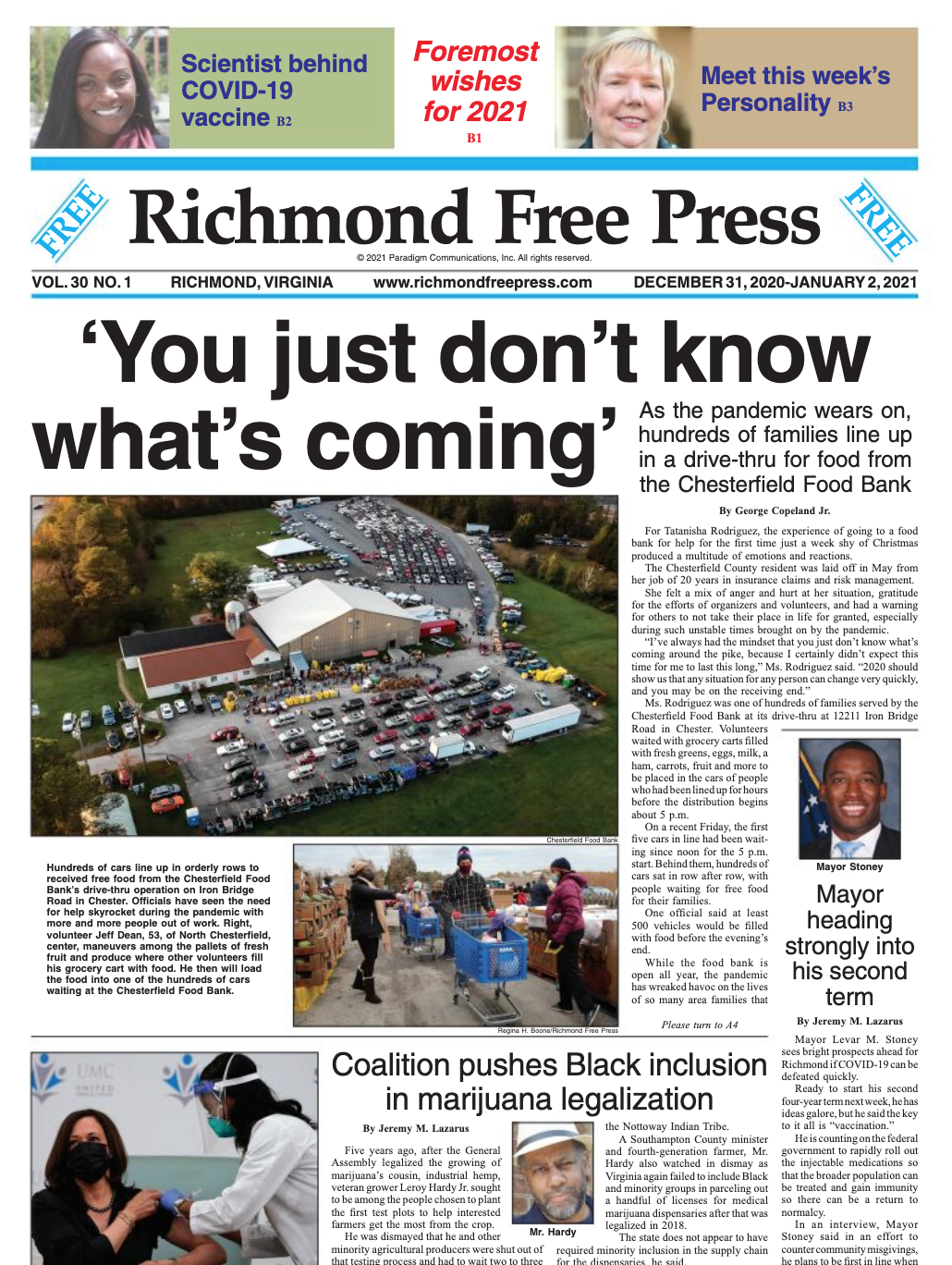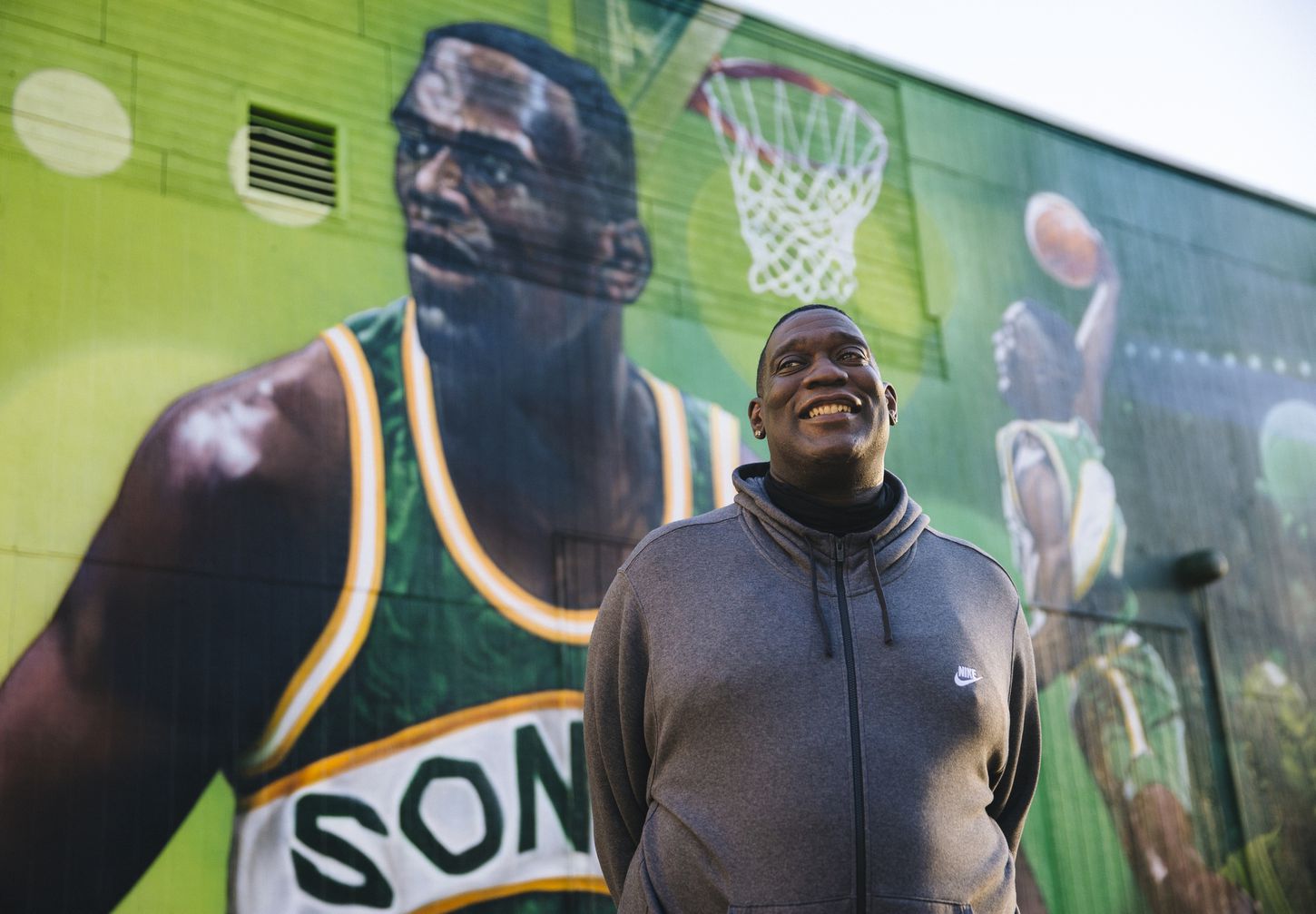Members of the House of Delegates expect it to pass.
In the Senate, they give it “slightly better than 50-50 odds.”
And Gov. Ralph Northam’s office says he’s “certainly open to it.”
Proposals to legalize recreational marijuana in Virginia are set to get their first serious hearings when the General Assembly convenes in January and, at least for now, it looks like there’s a decent chance they could succeed.
“It’s high time we actually make this change and I think other people have seen that as well,” said Del. Mike Mullin, D-Newport News, who chairs the House’s criminal law subcommittee and says he believes there are enough votes in the chamber to end prohibition of the drug. “I can tell you I think it will pass.”
The movement in Virginia comes after voters in four states overwhelmingly approved referendums legalizing marijuana, bringing the total nationwide total to 15. If lawmakers in Virginia move forward, the state would become the first in the South to authorize recreational use of the drug.
Virginia has been slowly loosening its stance on marijuana for years, first allowing medical use of CBD in 2017, expanding that to a full-fledged medical marijuana program by 2019 and, earlier this year, passing legislation that reduced the penalty for people caught with small amounts of the drug to a $25 civil fine.
But to date, no proposals to fully legalize and regulate adult use of the drug have made it the floor of either chamber in the General Assembly despite rapidly shifting public opinion in favor of the measures.
The outcome was unsurprising when Republicans controlled the General Assembly, many of whom opposed efforts to expand access to the drug. But some Democrats eager to move past prohibition after winning majorities in the House and Senate last year were disappointed when their colleagues voted down their own legalization bills.
Democrats framed decriminalization — and now legalization — as an important step to end disparate enforcement of drug laws on Black Virginians, who have been prosecuted at significantly higher rates despite studies showing they use the drug at roughly the same rate as their White counterparts.
But Democratic leaders, including Northam, said last year that it would be irresponsible for the state to move straight to fully legalizing the drug without first studying how other states have approached the issue. To that end, lawmakers requested two studies reviewing potential regulatory models and tax schemes when they approved decriminalization in March.
Those studies are due this month — the first is scheduled to be presented Monday — and party leaders say they’re ready to give the issue serious consideration.
Northam’s office and leaders in the House and Senate all said that because the issue is entirely new for the state, they’ll be looking for broad guidance on how to set up and regulate the new industry from scratch. Outstanding questions include how licenses to grow and sell the plant will be distributed, what say local governments should have in the process and whether a new state agency should be created to govern the industry or an existing bureaucracy like the Alcoholic Beverage Control Authority should take on the duties.
Northam — a physician who helped raise the state’s smoking age to 21 and voiced concern at the beginning of the year about condoning drug use — remains interested in youth health and how those concerns will be addressed, said his chief of staff, Clark Mercer. But in the context of adult use, he said Northam understands the broader history of its prohibition in the country, which was largely sparked by anti-Mexican and anti-Black sentiment in the early 1900s and fears the drug was causing the two groups to “forget their place in the fabric of American society,” as CBS News put it in 2016.
“He is certainly open to it and we’re going to look at the reports when they come out and continue to dig into the details of how you go about regulating an industry,” Mercer said. “The door is not closed in our office on this issue.”

In the House, Majority Leader Charniele Herring, D-Alexandria, agreed with Mullin that a legalization bill could clear the chamber: “I think it has a good chance,” she said. However she cautioned that members wouldn’t rush a bill through: “But I can’t say that it’s definitely going to happen if members don’t feel comfortable with the proper regulatory construct.”
She said one area she’ll be focused on is making sure the population most impacted by prohibition — Black Virginians — have an opportunity to participate in any new industry. Some states, for instance, have set aside a certain number of retail and production licenses for minority-owned businesses.
In the Senate, where Democrats hold a narrower 21-19 majority, the bigger question is whether the basic concept will be able to muster enough support to pass.
Senate Majority Leader Dick Saslaw, D-Fairfax, has said in the past that while he backed decriminalization, he wasn’t certain he would support legalization. In a phone call Thursday, he said he is open to the idea. “I’m willing to listen,” he said. “I want to hear what both sides have to say.”
He put the odds of passage at “slightly better than 50-50,” an assessment shared by Sen. Adam Ebbin, D-Alexandria, who proposed the decriminalization legislation earlier this year and plans to carry a legalization bill in January with Sen. Jennifer McClellan, D-Richmond.
Sen. Creigh Deeds, D-Bath, who chairs the chamber’s criminal law subcommittee, said he’s withholding judgement until the studies are delivered, but hadn’t expected to take the issue back up again so soon after decriminalization. “I’m not opposed to the idea,” he said. “I just want to do it right.”
While Democrats make up the bulk of support, any votes on the issue are unlikely to fall strictly on party-lines, said Jenn Michelle Pedini, executive director of Virginia NORML, the state chapter of the National Organization for the Reform Marijuana Laws, which has led lobbying efforts on the bill and noted that about a dozen Republicans backed decriminalization.
Ebbin said that, whatever the outcome next year, it’s clear Virginia is on track to move forward sooner than later.
“I think it’s pretty clear that the people expect this to happen eventually,” he said.





